Ethics, values that journalism cannot lose
In the 1990s, most newsrooms around the world had a similar look and feel that had been in place for decades. There was the beige desktop computer that each reporter spent hours on, and on a table in the center of the newsroom there was often a large table with a landline phone or an internet-connected computer that few people used.
That old image must still linger in the minds of journalists in the era when journalism flourished. And those images remind us of the original values of journalism, that journalism is not technology. Talent, aspiration, learning spirit and professional ethics in general create the true value of journalism, are the things that make society honor journalism, in the world as well as in Vietnam.
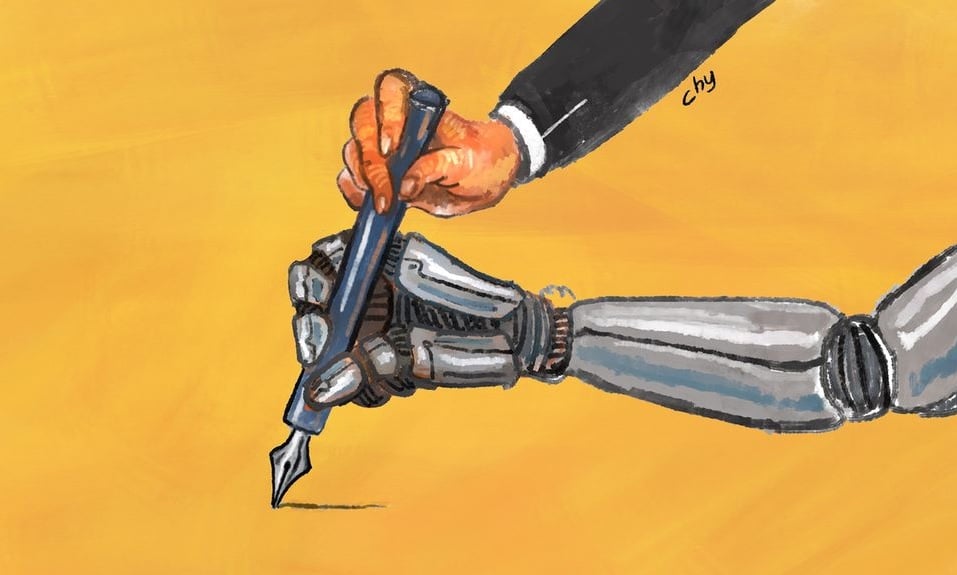
Ethical and human factors will play a decisive role in helping journalism survive in the AI era. Photo: GI
But just a decade later, in the 2000s, just enough time for a journalism student to enter university and start writing his first real articles, journalism changed completely. By then, the search engine “Google” had entered the common vocabulary as a verb, before officially entering the Oxford English Dictionary in June 2006.
Very quickly, hundreds of thousands of reporters around the world, as well as radio and television editors, quietly and very quickly - almost unconsciously - took Google and the internet in general for granted in their work, even considering Googling or searching for information online as a “work process” .
Then, just about a decade later, when the digital press era and the social media era exploded, journalism quickly changed again. After the printed newspapers gradually disappeared along with the streetside newsstands, many newspapers and electronic news sites flocked to social media or focused on Google SEO learning campaigns to release news. The initial results were very positive, many newspapers, even newly established, became resoundingly successful through clicks.
The journalism model has fundamentally changed, from selling products directly to giving away as much as possible for free in exchange for advertising money. It was a rather unconscious trend - and still exists - because everything happens so fast that almost no journalist has time to stop and think. Everyone is forced to rush into this race, and try to run as fast as possible.
It seems to be the biggest “mistake” in the history of journalism, when we all entrust our profession, our pride and our future to these tech giants, none of whom have ever worked as a journalist or have any concept of journalism! They just want to get a lot of clicks, thereby earning a lot of advertising!
For a while, many websites and online newspapers succeeded in doing so. They offered their news for free on social media and followed the search engines’ lead to get clicks. But that era of so-called “free digital media” is fading, as quickly as it began.
Many online newspapers that were once symbols of the free digital era, such as Buzzfeed News or Vice recently, have closed down or been sold. The reason is simple: they, like many other newspapers, have been “assimilated” with social networks, producing news articles according to the “orders” of technology, and therefore can easily be “ousted” when they are no longer valuable or different.
Avoid Pitfalls in the AI Age
Looking back on the long journey, those old lessons are to see that the main danger to journalism lies in the issue of journalistic ethics, not technology or any third party. That danger is assessed in the same direction, but will be much more frightening in the coming AI era.

Fake photo of former President Donald Trump being arrested created by AI. Photo: Reuters
As we know, with AI, typically ChatGPT, even an individual can create hundreds of articles in just a few minutes, even though they are just hybrid products from available information. If the press is assimilated by AI in this way, that is, too dependent on it to publish news articles and forget its core values and ethics, then in the not too distant future, the press will lose all its remaining values.
It is important to know that AI, through large language models, increasingly sophisticated algorithms can not only create an article in just a few seconds, but can also do almost every other part of journalism, from creating images, creating videos, automatically publishing, even automatically coordinating and automatically interacting with readers.
If the press no longer considers AI as a tool to serve its work but instead relies on it to produce news articles and distribute products in a widespread, uncreative and low-quality manner, one day readers will no longer see any difference between the press and texts created by artificial intelligence, which are not only of poor quality but also full of misinformation.
In the recent past, there have been many examples of AI products, whether intentionally or unintentionally, causing a serious wave of misinformation. Countless fake news or fake images have spread on social media, from fake photos of US President Joe Biden declaring World War III, President Vladimir Putin and former President Donald Trump being arrested, to video technology that fakes the faces of famous TV hosts to spread information for malicious purposes.
If journalism fails to keep up and continues to join the AI bandwagon just to reap the benefits of tech giants, the future of journalism will be over.
But fortunately, that is just a nightmare in a dream. Reality shows that the press has found new ways to develop. Most of the world's leading newspapers and news agencies have escaped the free digital era, the era of social networks that only exchange "views" for a small amount of advertising money left by the technology giants. Many major newspapers have stood back on their feet with paid services or donations from readers - people who are willing to pay to read quality articles.
It is possible to believe that the press in general will avoid the pitfalls that the AI era is setting up ahead, although it must still be noted that those pitfalls are very dangerous, requiring alertness and especially solidarity to overcome!
Bui Huy
Source


![[Photo] Overcoming all difficulties, speeding up construction progress of Hoa Binh Hydropower Plant Expansion Project](https://vstatic.vietnam.vn/vietnam/resource/IMAGE/2025/4/12/bff04b551e98484c84d74c8faa3526e0)



![[Photo] Closing of the 11th Conference of the 13th Central Committee of the Communist Party of Vietnam](https://vstatic.vietnam.vn/vietnam/resource/IMAGE/2025/4/12/114b57fe6e9b4814a5ddfacf6dfe5b7f)


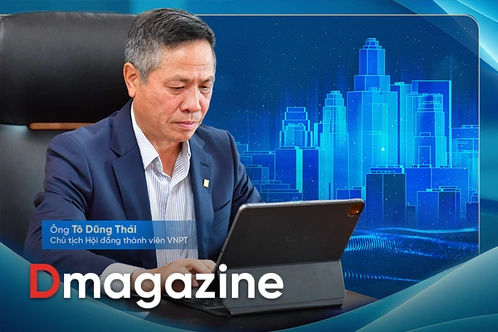

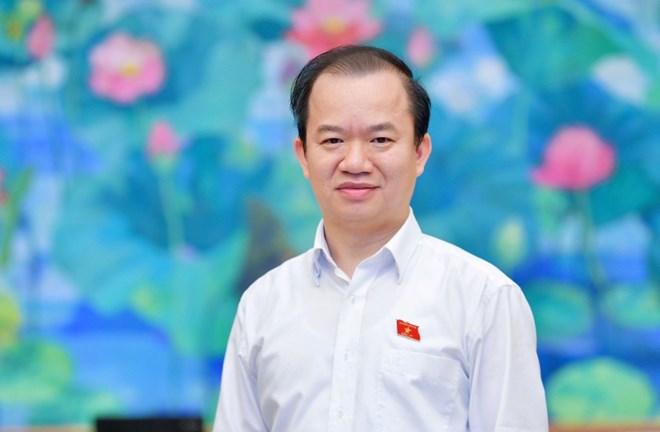

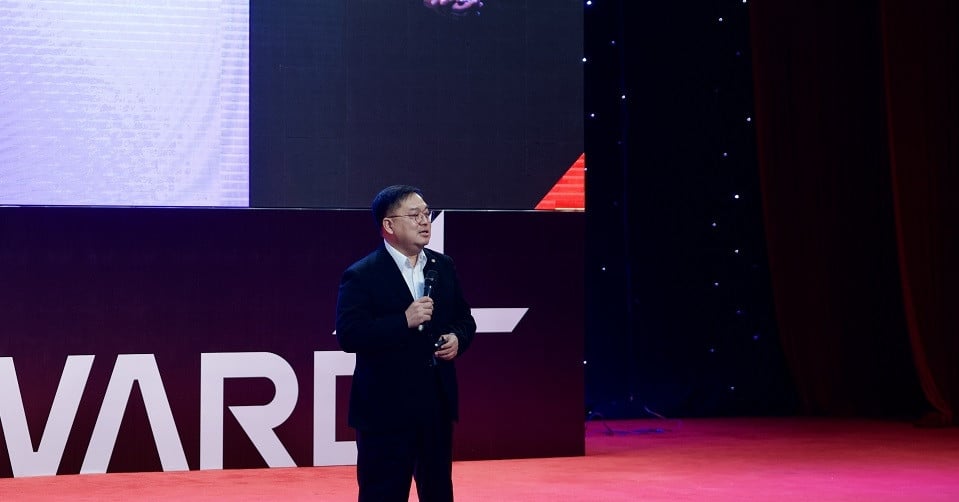

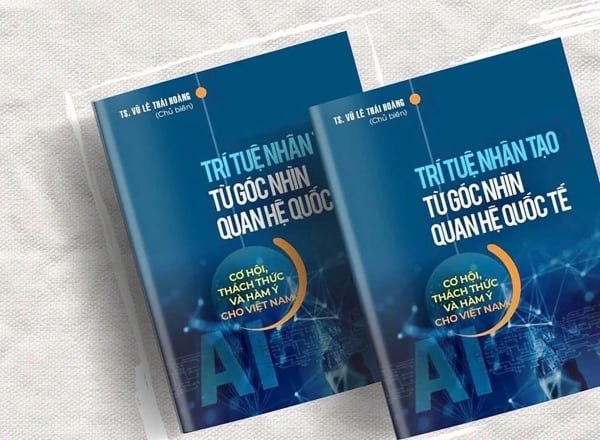




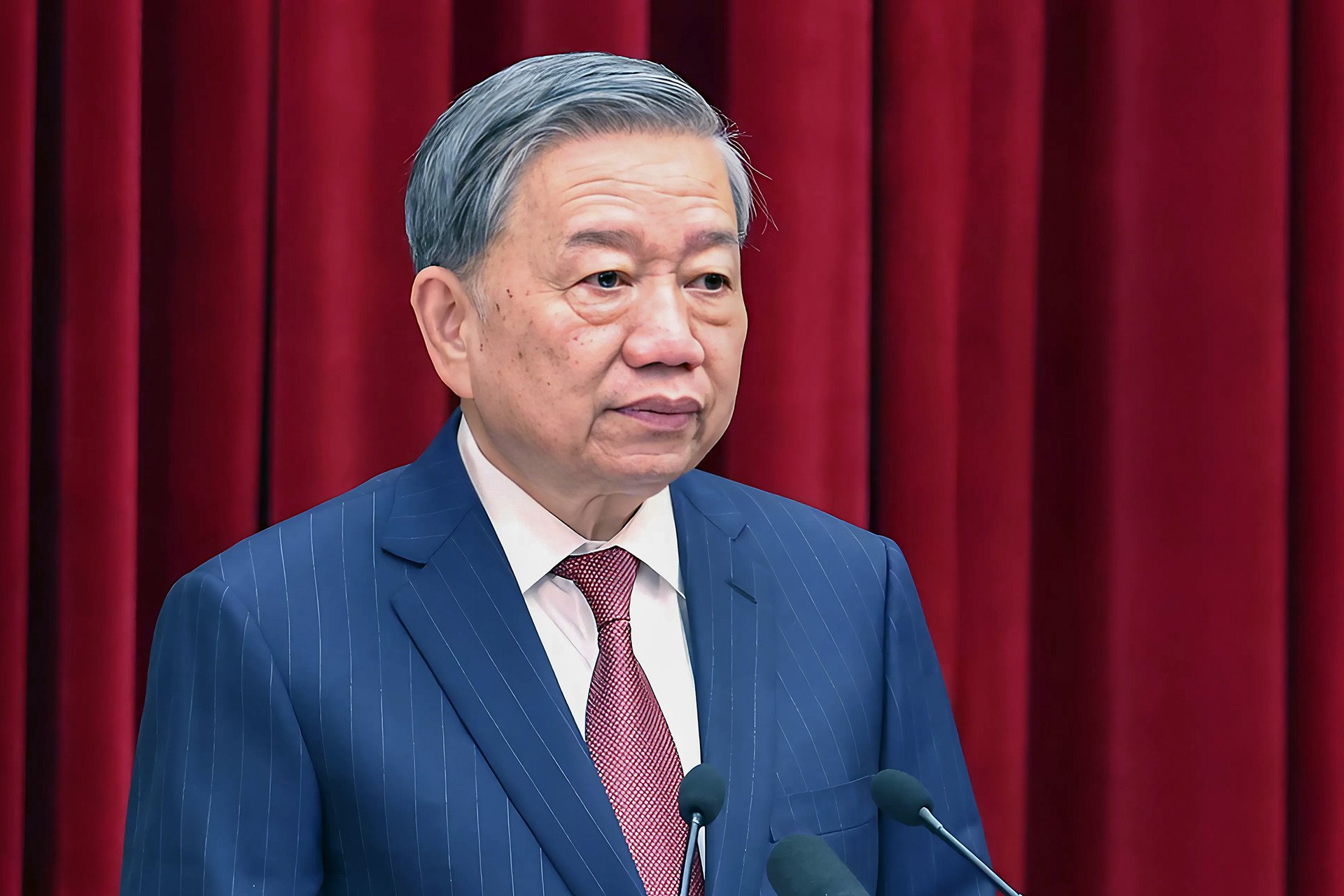
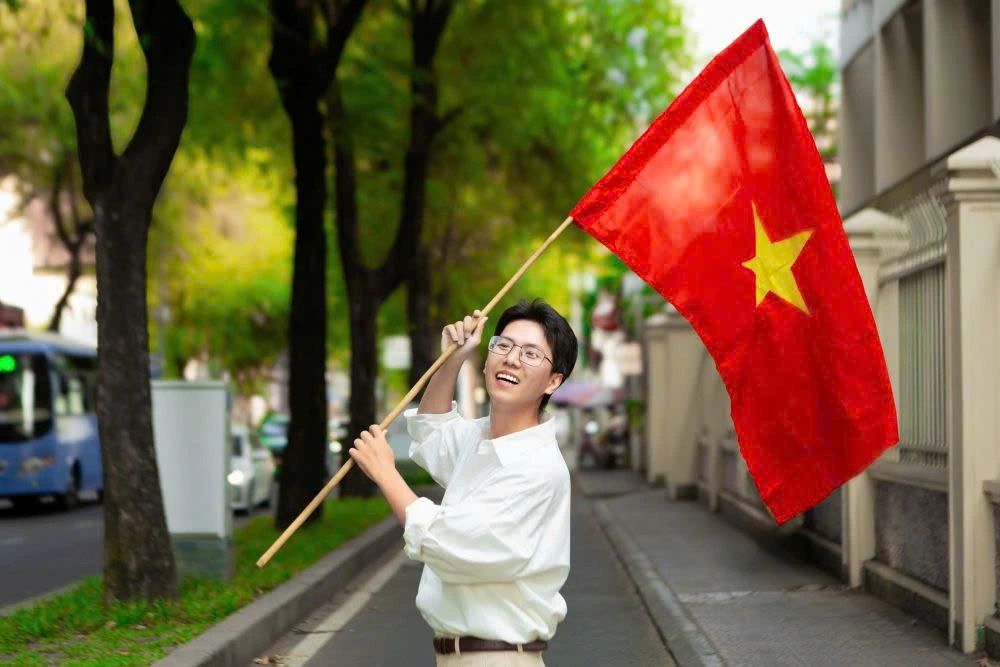
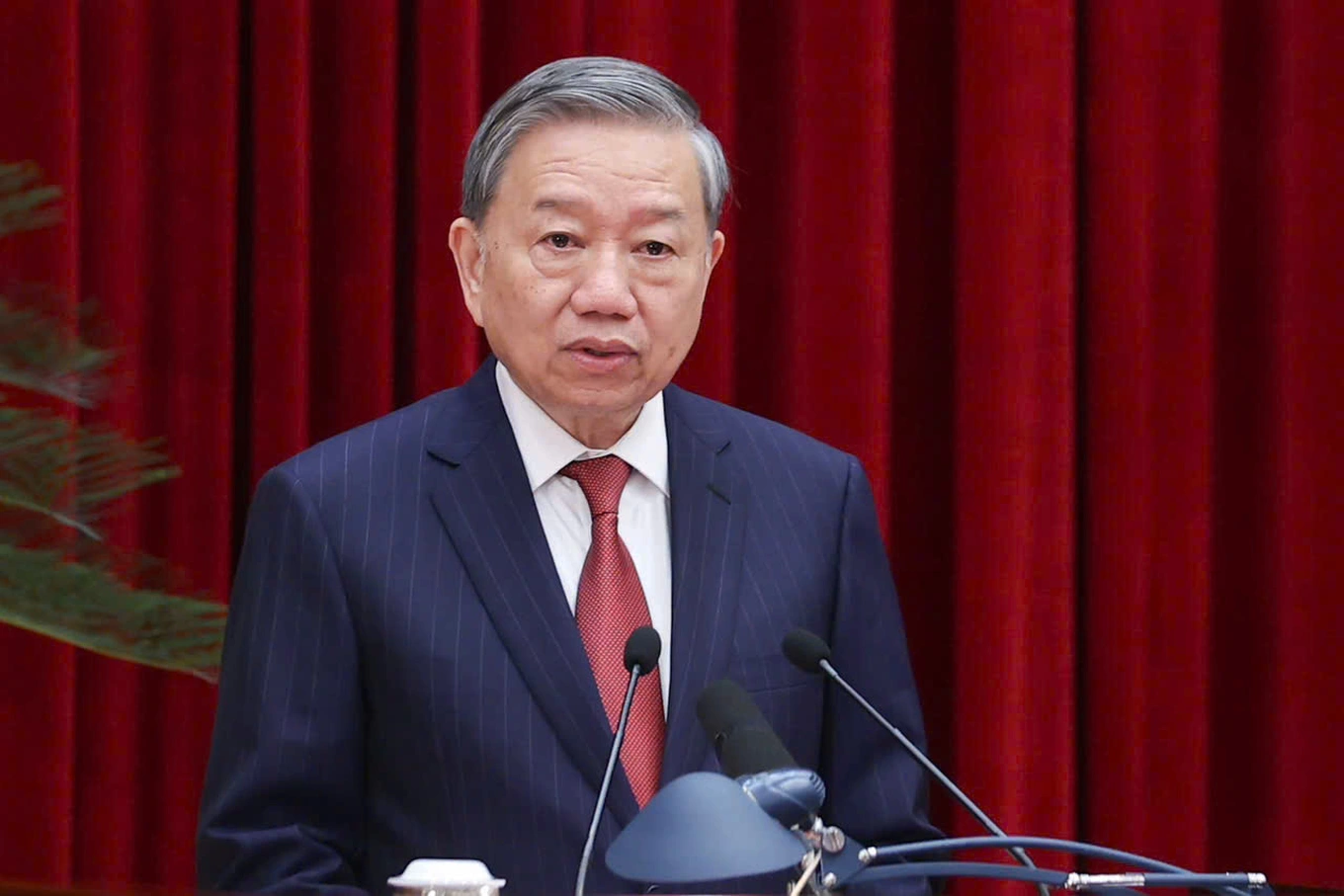
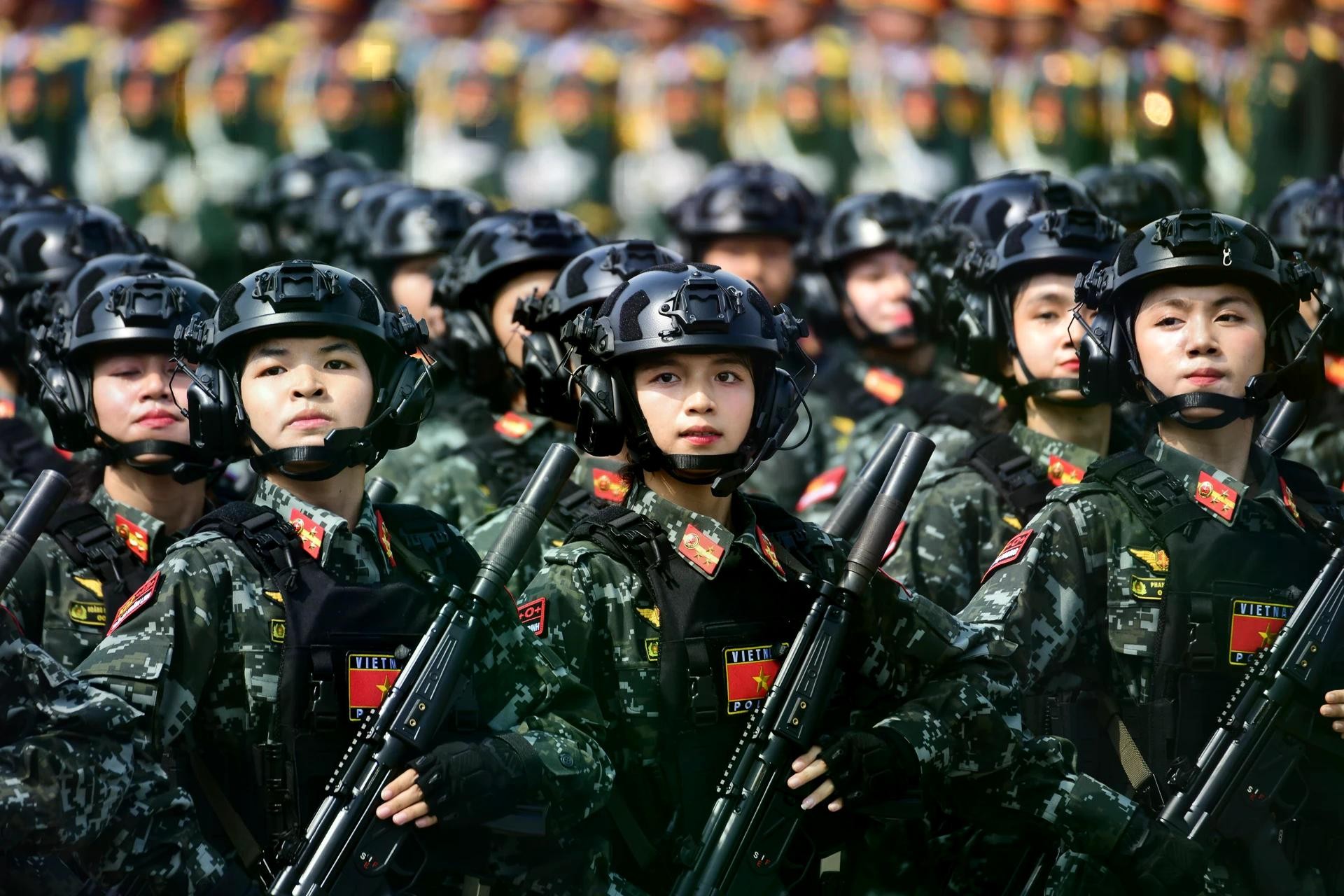


























































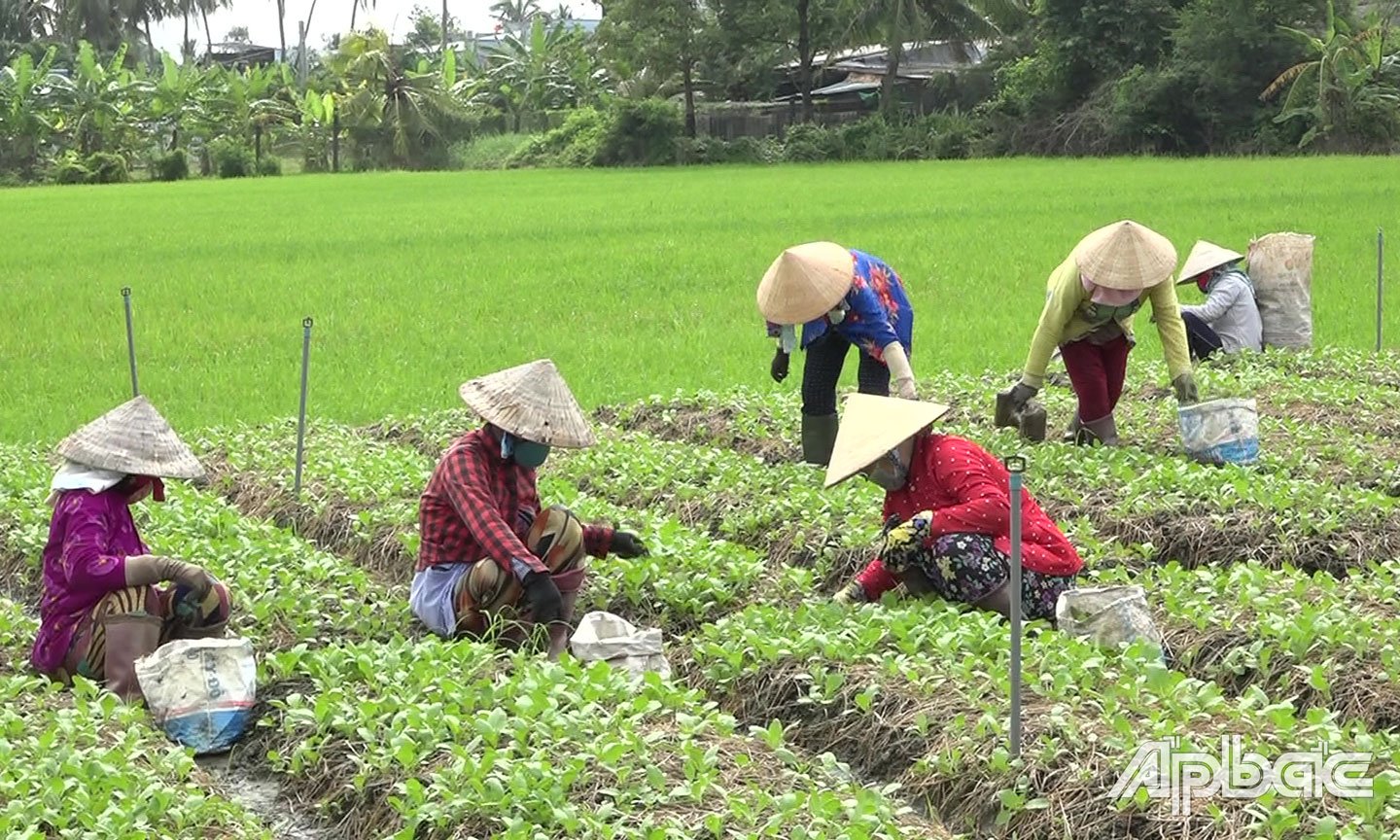











Comment (0)